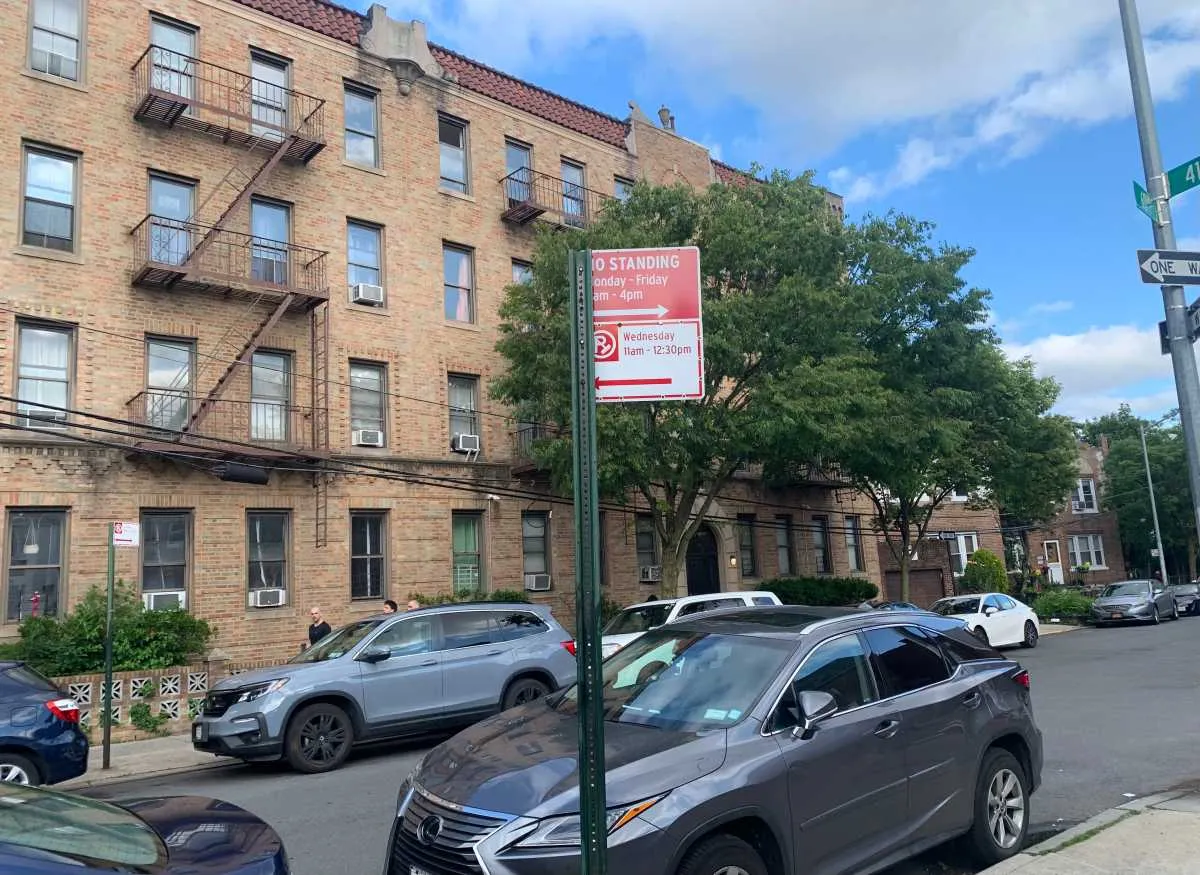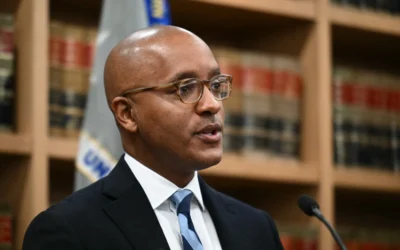Introduction
New York City has long been known for its busy streets and bustling life, but with that vibrancy comes challenges, particularly regarding parking regulations. One of the most notorious parking rules in the city is the alternate side parking (ASP) rule, which is primarily designed for street cleaning. However, many drivers constantly find ways to evade these regulations, leading to frustration among residents and sanitation workers alike. Recently, the NYC Council proposed a new measure to combat this issue: equipping sanitation trucks with cameras to issue tickets to those who park illegally during street cleaning hours.
The Importance of Alternate Side Parking
Alternate side parking regulations allow the city to effectively clean the streets, which is essential for maintaining public health and aesthetics. Through these rules, certain streets are designated for cleaning on specific days and times, and cars must be moved to allow sanitation workers to perform their duties. This practice not only ensures cleaner streets but also prevents larger issues like flooding and pest infestations caused by debris and waste.
However, many drivers ignore these regulations, leading to congested and unclean streets, which in turn can affect the health and safety of New Yorkers. According to a report from the NYC Department of Transportation, about 70% of New Yorkers live in locations where street cleaning is essential for city upkeep, and proper compliance with ASP could drastically improve the urban environment.
NYC Council’s Proposal
In a bid to enhance enforcement of ASP regulations, the NYC Council has put forth a proposal to install cameras on sanitation trucks. This initiative aims to better enforce street cleaning rules and serve as a deterrent for illegal parking. Many argue that having cameras mounted on these trucks will provide a dual benefit: it will help sanitation workers perform their jobs without obstruction and promote compliance among drivers.
The implementation of cameras follows the trend of using technology to regulate driving habits. Similar systems have been successful in other major cities across the U.S., where they have helped improve compliance and efficiency of street cleaning operations. The data collected from these cameras can be used not only to issue tickets but also to analyze parking behavior, providing valuable insight into compliance rates and the effectiveness of ASP regulations.
The Potential Impact of the New Measure
If approved, the camera initiative could lead to a significant decrease in the number of vehicles parked during designated street cleaning hours. This decrease would result in cleaner streets and a more efficient street cleaning process. Over time, city officials anticipate that stricter enforcement will instill a greater sense of responsibility among drivers regarding parking regulations.
Community support for this proposal seems to be gaining momentum. Many residents have expressed frustration with the current state of street parking, citing blocked streets and increased debris accumulation. The prospect of automated enforcement is seen as a positive step toward promoting public compliance and ensuring that the streets remain clean and safe for everyone.
The Controversy over Camera Enforcement
Despite the numerous potential benefits, the proposal has sparked debate regarding privacy concerns and the ethics of automated surveillance in public spaces. Critics argue that the use of cameras could be viewed as invasive, infringing on the rights of motorists and turning the streets into spaces monitored by technology rather than a collaborative community effort. They advocate for a better solution, such as more effective street signage or increased awareness campaigns on parking regulations.
Moreover, some question whether automated enforcement will generate revenue for the city or simply serve as a punitive measure for drivers. Critics worry that focusing primarily on fines and penalties may overlook the larger issues affecting street cleanliness and traffic behavior, such as insufficient public transportation options or the lack of parking availability in many neighborhoods.
Proposed Alternatives and Solutions
While the camera initiative garners attention, it is essential to explore alternative solutions alongside the proposed measure. Cities that have successfully reduced parking violations often implement a multi-faceted approach, including community engagement, awareness campaigns, and improved public transportation options.
One approach could involve establishing community forums where residents and city officials can openly discuss street cleaning expectations and address grievances. Engaging with the community fosters understanding and is likely to yield more sustainable compliance with ASP rules. Additionally, increasing the frequency and visibility of street cleaning signs can help remind drivers of impending cleaning schedules.
Investing in public transportation will also alleviate some of the parking pressures on city streets. If residents are provided with accessible, efficient alternatives to driving, they may be less inclined to park illegally during street cleaning hours. Improved public transit not only reduces congestion but also contributes to a cleaner environment.
Conclusion
As the NYC Council contemplates the introduction of camera surveillance on sanitation trucks, the debate surrounding parking enforcement continues to grow. While the technology promises to enhance compliance and promote cleaner streets, it is crucial to consider the ethical implications and explore additional strategies that engage the community in participatory governance. Striking a balance between effective enforcement and community engagement can pave the way for a cleaner, safer New York City.







